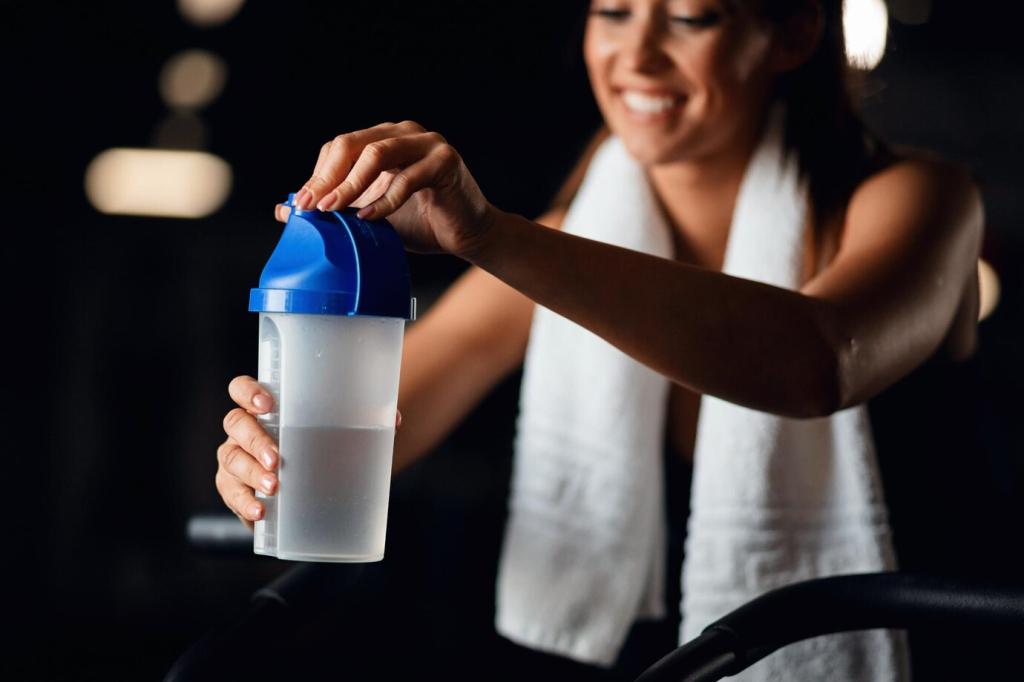Post-Workout Recovery Essentials
Whey digests quickly and is ideal after training; 20–40 grams typically provides 2–3 grams of leucine to trigger synthesis. Casein digests slower, making it popular before sleep to support overnight repair. Dairy-free athletes can use soy, pea, or blends. Share your favorite post-workout shake recipe and why it works.
Post-Workout Recovery Essentials
Take 3–5 grams daily; a loading phase is optional. Beyond power, creatine supports cellular hydration and may reduce muscle damage markers, aiding recovery between sessions. It is well-researched and safe for healthy individuals. Vegetarians often see pronounced benefits. Did creatine improve your repeat sprints or lifting volume? Let us know.





